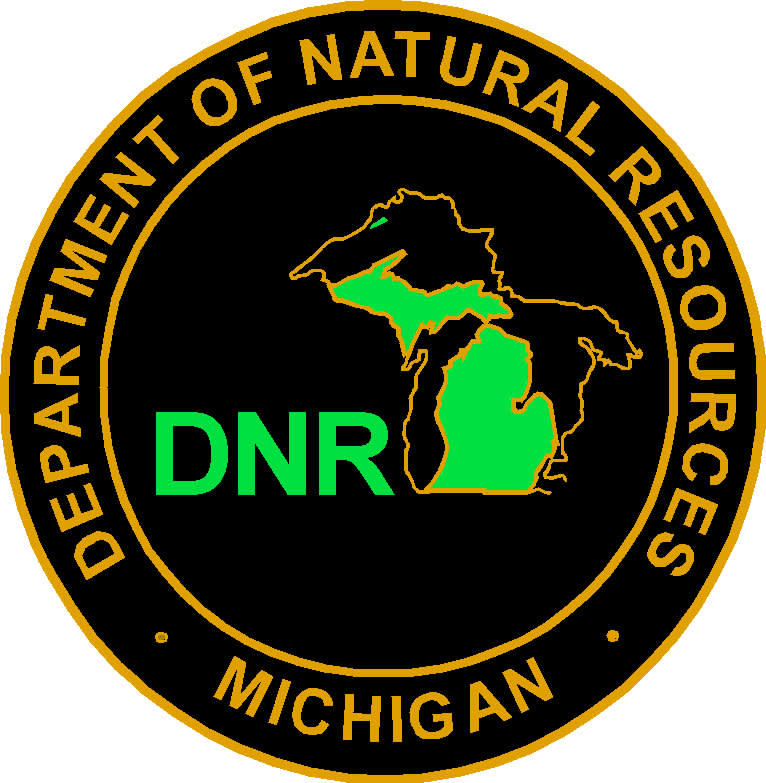Michigan DNR Advises Leaving Wildlife in the Wild

It happens every spring. Someone finds an “abandoned” fawn and takes it upon themselves to “rescue” it.
The Department of Natural Resources’ Wildlife Division staff has a word of advice: Don’t.
“When young fawns are born, they’re not very mobile and don’t appear to have much scent to them so their best defense is to just stay still, on their own, apart from their mother,” explained Brent Rudolph, the deer and elk program leader for the DNR. “Predators can’t track them down by following mom around, so she stays away and the fawns stay alone – that’s their best defense during their first few days of life.”
For the most part, does know exactly where their fawns are.
“Sometimes what mom sees as a safe place to stash a fawn is a flower bed at the edge of the house or maybe underneath a deck,” Rudolph said. “So people think ‘That’s a weird place for a fawn – it must be an orphan.’ Generally they’re not orphaned. Through those first few weeks, mom will feed them, clean them, check up on them, then take off again so she’s not drawing attention to them. So we encourage people to let them be.”
There are times – say, you find a dead doe by the side of the road with a nearby fawn – when fawns have been orphaned. Remember it is illegal to take them into your home. Call a licensed rehabilitator if you feel the need. For a list of licensed wildlife rehabilitators, visit www.michigandnr.com/dlr/.
The same advice applies to other animals as well. Though many young animals are adorable as babies – raccoons, for instance — they grow up to be less adorable as adults.
According to DNR wildlife biologist Erin Victory, wild animals do not make good pets and once habituated to humans, they generally do not do well when returned to the wild. They also pose the possibility of bringing disease or parasites that could affect you or your pets into your home. Raccoons, for example, are not only potentially rabid, but they can carry canine distemper, not to mention round worms, fleas and mange.
“Please resist the urge to try to help seemingly abandoned fawns or other animal babies this spring,” Victory said. “We appreciate the good intentions of those who want to help, but animals are better off left alone than if they are removed from the wild.”
Tari Howard, a licensed rehabilitator in Benton Harbor, said she always tells people who have picked up young animals to check and make sure mom’s not around, especially in the case of fawns. “People say, ‘Well, I’ve already touched it,’ but that generally doesn’t seem to matter. I think it’s a myth.”
Howard said she gets a fair number of baby rabbits and squirrels that come to her “eyes closed and hairless.” It’s a 50-50 proposition as to whether they live, she said.
As for birds, the advice is the same. Remember when you were a kid and someone told you that if you touched a baby bird, its mother would either abandon it or kill it?
“Not true,” said Karen Cleveland, the DNR’s all bird biologist.
“If it’s completely defenseless and can’t move on its own, the short version is: Stick it back into the nest, if you can. If it’s got little feathers on it and it looks like a bird rather than a ball of fluff, odds are it already tried to fledge from its nest before it was ready to fly. Generally, mom and dad will continue to feed it.”
Young birds that appear grounded may be found a good distance from the nest, Cleveland said, because they walk and search for from predators.
“It’s probably not ready to fly but it thinks it is, and then it ends up on the ground, because its feathers can’t get it airborne,” Cleveland said. “Little birds have been coming out of the nest too early since little birds have been around.
Cleveland said the DNR regularly fields calls from homeowners who have found ducks – mostly mallards – nesting in their shrubs or gardens.
“The thing to do is enjoy it. Back off. Leave them alone. Keep the dogs and cats and kids away from it,” she said. “They’ll be a very quiet neighbor and if the nest fails on its own – something that happens regularly – just wish her luck on her next attempt. If a nest is unsuccessful she’ll try to find someplace else to nest. And if she’s successful there, she may come back.”
Cleveland reminded folks that it is illegal to take birds, just as it is mammals, into their homes without permits to do so.
“There are licensed rehabilitators who can work with them if necessary,” she said. “But it’s better for the bird to be raised by their parents, to learn all they need to know to live in the wild rather than to be raised by a human.”
For more information about specific species or wildlife viewing opportunities, visit www.michigan.gov/wildlife.

